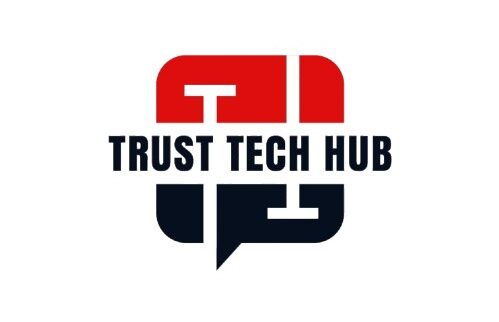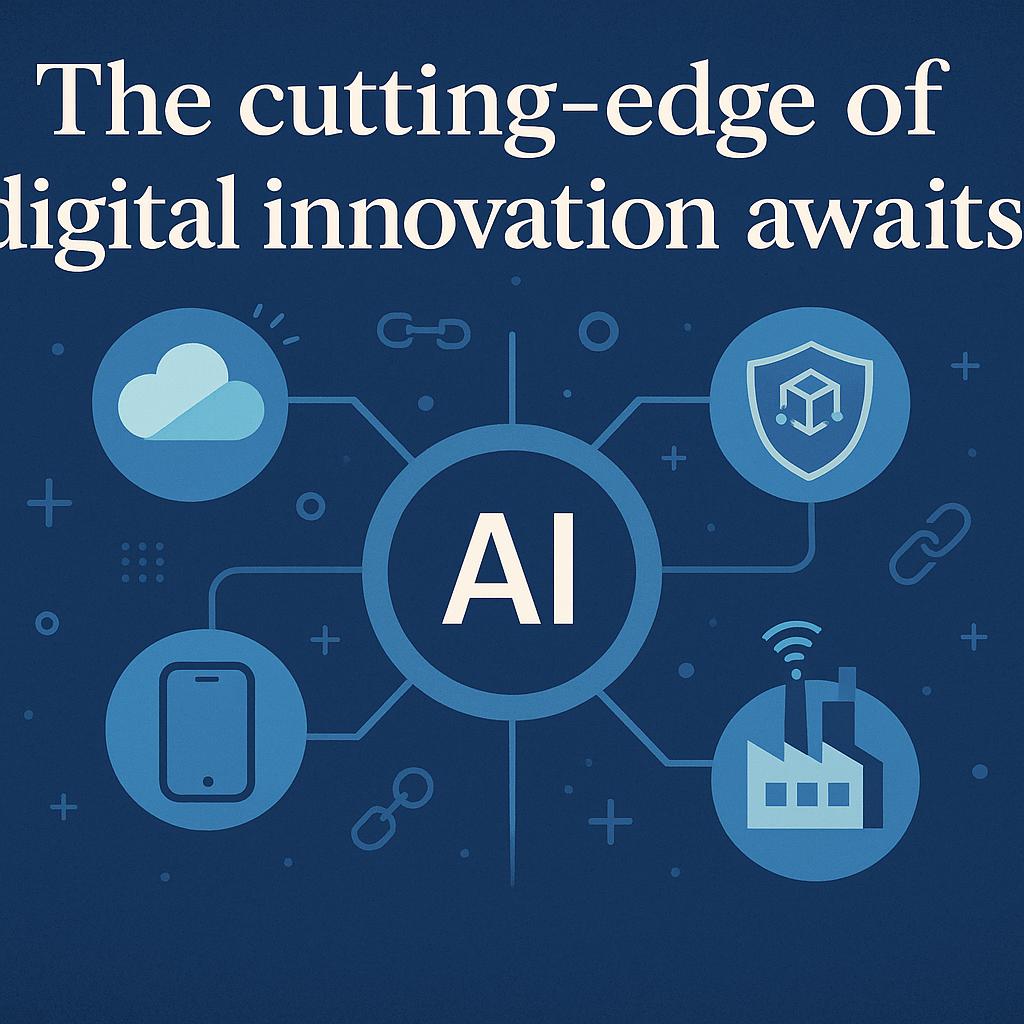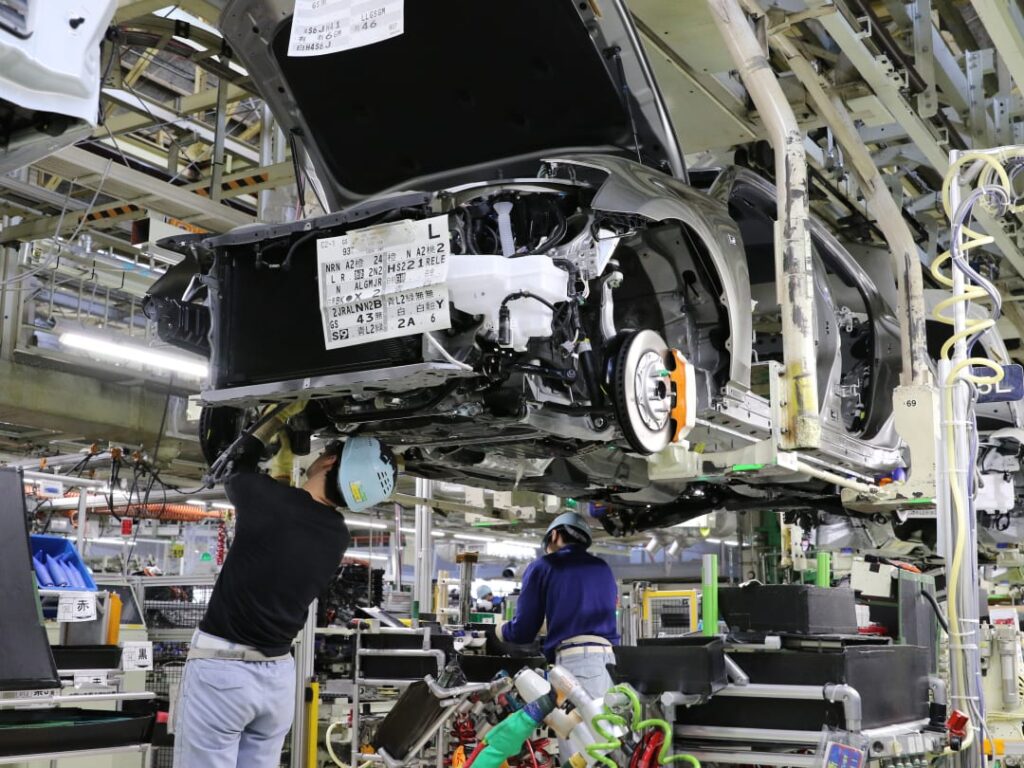Artificial Intelligence isn’t just a buzzword anymore—it’s woven into the fabric of our daily lives, from suggesting the perfect playlist to detecting fraudulent transactions in real time. But as AI’s capabilities expand, so do the ethical and practical challenges around bias, privacy, and accountability. The key to unlocking AI’s full potential? A commitment to responsible AI.
1. What Makes AI “Responsible”?
Responsible AI goes beyond raw performance metrics. It starts with:
- Transparency: Clear explanations of how models reach their conclusions—no more mysterious “black boxes.”
- Fairness: Active measures to detect and mitigate bias, ensuring equal treatment across demographics.
- Privacy: Strong data governance practices that respect user consent and anonymize personal information.
- Accountability: Defined ownership for AI-driven decisions, with human oversight built in.
2. Real-World Success Stories
- Financial Services: Leading banks now deploy AI to flag suspicious transactions in milliseconds, cutting fraud rates by up to 40%—all while providing customers with transparent reason codes for declined payments.
- Healthcare: Clinical decision-support systems analyze thousands of anonymized patient records to recommend treatment plans, with doctors reviewing every suggestion to catch edge cases.
- Retail: Personalized recommendation engines offer tailored product suggestions, with built-in auditing tools that check for demographic skews and allow customers to opt out.
3. Building Trust Through Best Practices
- Ethical Frameworks: Major organizations publish AI ethics guidelines—like those from the IEEE and European Commission—to align teams around common values.
- Tooling & Monitoring: Platforms such as IBM Watson OpenScale and Google’s What-If Tool monitor model drift, fairness metrics, and data lineage in production.
- Cross-Functional Teams: Data scientists, ethicists, legal experts, and end-users collaborate from day one so every perspective informs model design.
4. Why It Matters for Businesses & Users
- For Companies: Responsible AI safeguards brand reputation, reduces regulatory risk, and builds customer loyalty through transparency.
- For Consumers: Clear, explainable AI interactions boost confidence—whether it’s understanding loan decisions or trusting a healthcare recommendation.
5. The Road Ahead
The future of AI isn’t about raw horsepower; it’s about systems you can rely on. At TrustTechHub, we believe that responsible AI is the bedrock of sustainable innovation. By championing transparency, fairness, privacy, and accountability, we can ensure that smart technologies serve humanity—not the other way around.
Stay ahead of the curve: Follow TrustTechHub for weekly analyses, expert interviews, and practical guides on building trustworthy technology. Together, we’ll navigate the complexities of AI’s next frontier.
The Rise of Responsible AI: How Today’s Smart Systems Are Shaping Our Future







